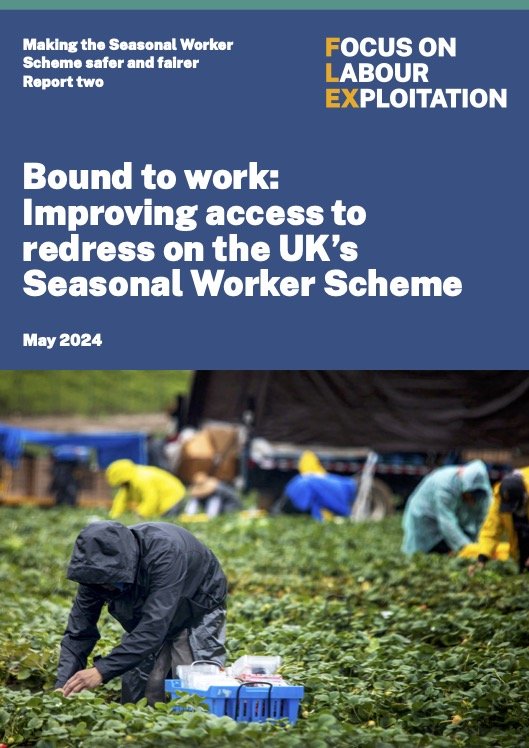Research and Advocacy
To ensure that ESEA migrant communities in the UK engage in policy-making discussions and that their voices and realities are represented in the broader discussions regarding economic, social, and political rights, SEEAC continues to work research and advocacy such as the following:
Feminist participatory action research. SEEAC is a member of the Global Alliance Against Traffic in Women (GAATW), an Alliance of more than 80 non-governmental organisations from Africa, Asia, Europe, LAC and North America with its Secretariat based in Thailand. Through the years, GAATW has initiated feminist participatory action research (FPAR) projects to document women’s lived realities and resilience within the migration and labour contexts.
The collaboration was established in early 2020 in a consortium research project "From Southeast Asia to Europe: Strengthening Migrant and Trafficked Women’s Rights to Inclusive Re/Integration” and continues until today in “Voice and Participation of Impacted Communities in Processes of Change.” The connection has since afforded us a generous space for knowledge exchange and collective actions on issues related to trafficking, forced labour, migration, sex work, and human rights. We also published a report with support from GAATW. Beyond this project, SEEAC continues to use FPAR to document and address our communities’ experiences.
Gathering experiences of migrant and agricultural workers in the UK. SEEAC, in collaboration with Focus on Labour and Employment (FLEX) and Academic team, have conducted extensive field research and co-published the following reports:
Mapping of Southeast and East Asian NGOs to build safe pathway for migrants. With the support of Unbound Philanthropy, SEEAC has developed a regional database that includes migrant rights organisations in Southeast and East Asia with those supporting these communities in the UK. This initiative aims to enhance collaboration by connecting like-minded organisations to understand the migrant context in their home and destination countries as well as their experiences in every migration stage, to assist them better and create a safer, more informed journey for migrants.
Co-developing a toolkit for sustainable and ethical research for communities. Collecting insights from communities and community-led organisations leaders, SEEAC partnered with ESEA hub to develop the following guide and toolkit:
Policy advocacy on ESEA communities' experience of hate crime in the UK. SEEAC is a member of a consortium of 14 organisations that support the On Your Side, UK-wide support and reporting service for anyone in the UK who identifies as East and Southeast Asian who has experienced racism or any forms of hate.
UN Advocacy (UPR & Joint ECOSOC Report)








